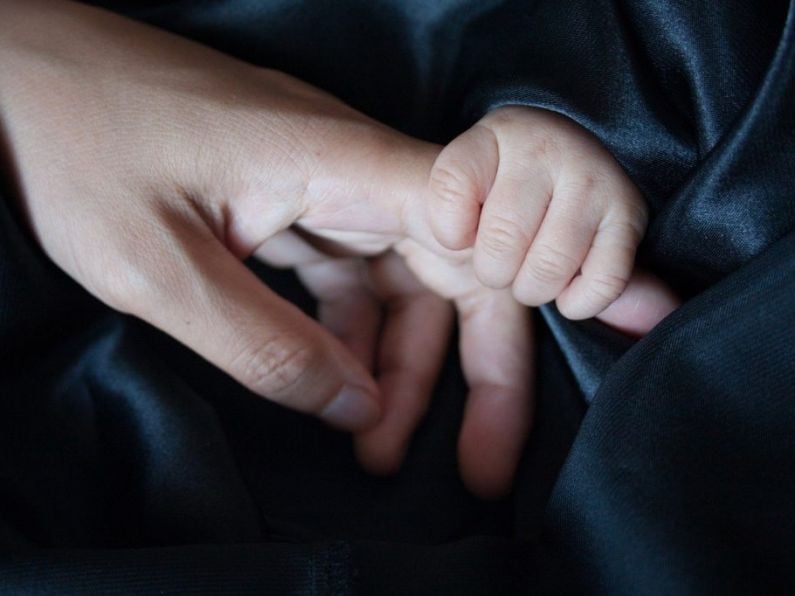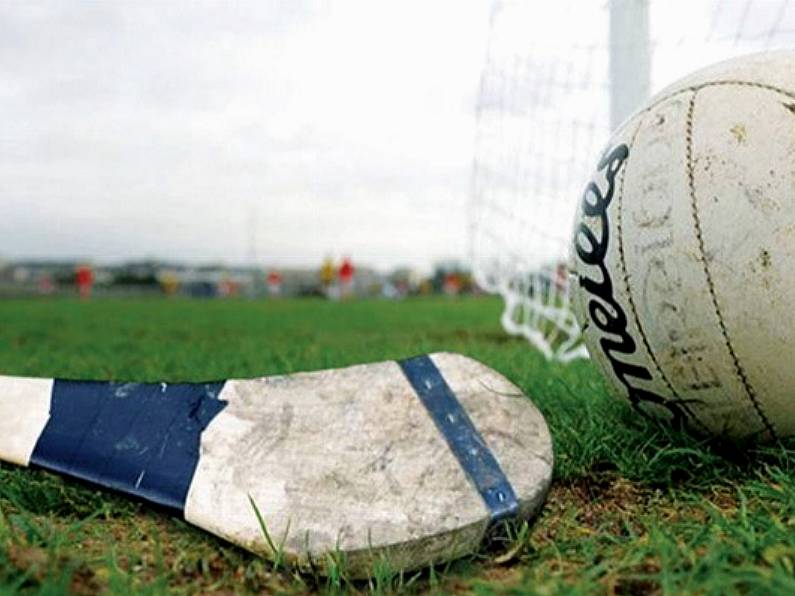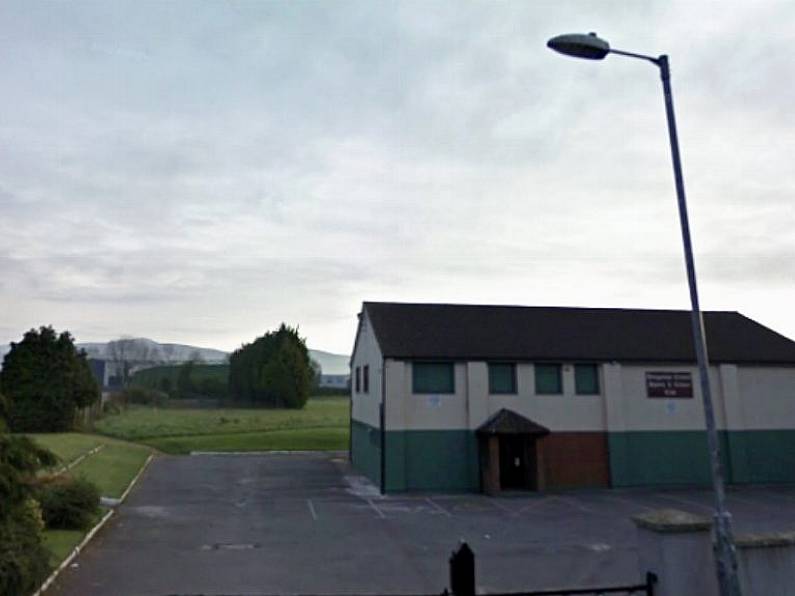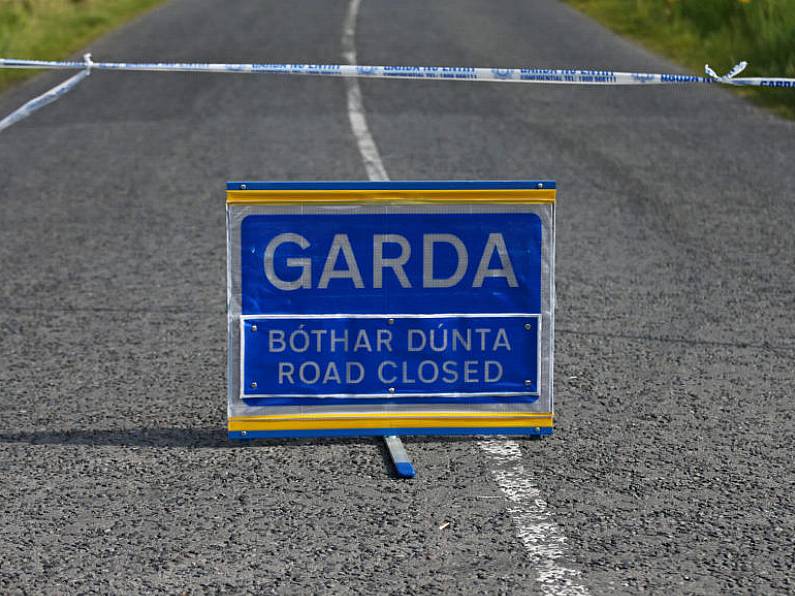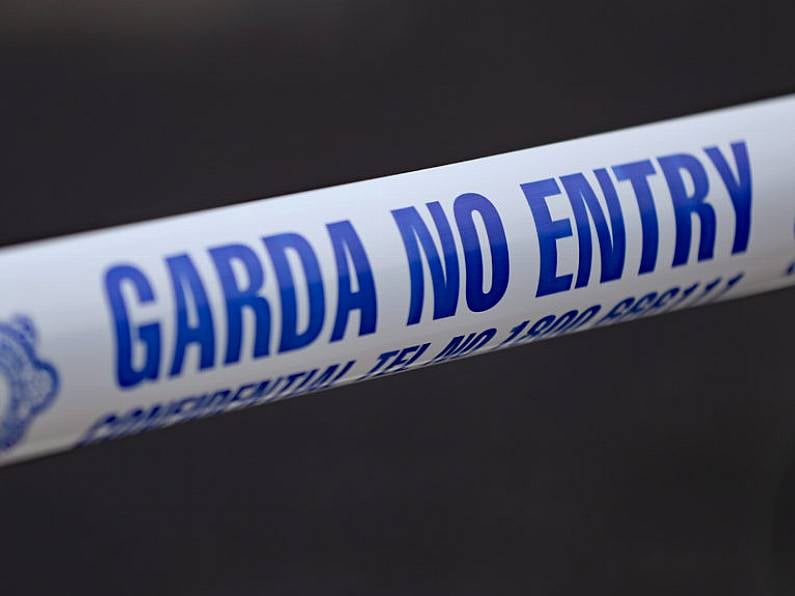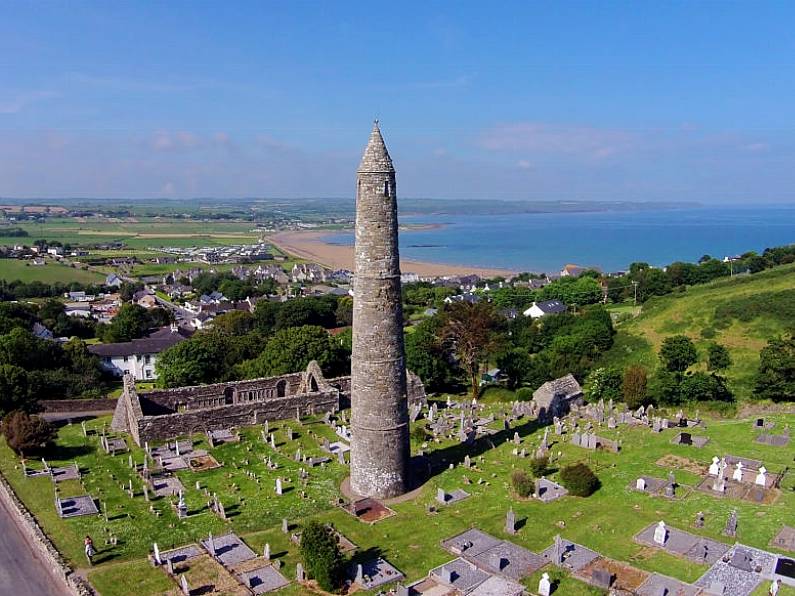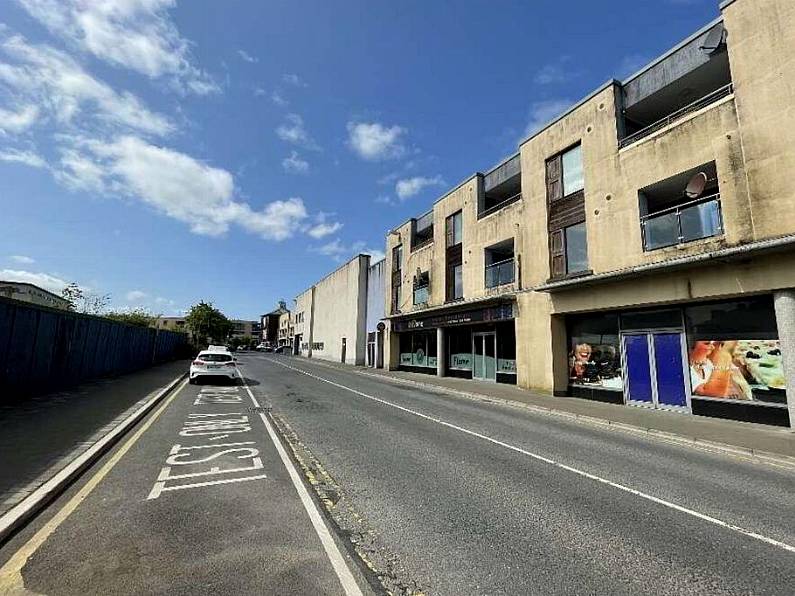A new damning report has said the State was aware of the practice of illegal birth registration for decades before any serious action was taken.
As reported in the Irish Examiner, the report by the Special Rapporteur on Child Protection proposed a State inquiry into illegal adoptions.
Illegal birth registrations have been illegal for almost 150 years, however, an independent review of a sample of records held by Tusla and the Adoption Authority of Ireland found in 2019 that up to 20,000 adoption records could potentially relate to cases of illegal birth registration.
Professor Conor O'Mahony, who is deputy dean of the School of Law at UCC, was asked by the Minister for Children Roderic O'Gorman to write the report on illegal adoption.
In his report, Professor O'Mahony concluded: "The State was aware of the practice of illegal birth registration for decades before any serious action was taken to investigate the practice and mitigate its effects; and that the action taken to date falls short of remedying the violation of the right to identity for many of those affected.
"The ad hoc, piecemeal and delayed reaction of the various State bodies to illegal birth registrations failed to discharge the State’s obligation to ensure accurate registration of births and to correct inaccurate registrations, and exacerbated the impact of the practice on affected individuals."
According to Professor O'Mahony, people informed they were the subject of an illegal birth registration must be legally entitled to access files relating to their early life without delay.
Trauma
The report also includes details about the obstacles placed in people's way when trying to get information about their origins.
"In Ireland, one factor that has exacerbated the trauma experienced by persons informed of the illegal registration of their birth was their inability to access files that would uncover the truth of their birth and early life," the report said.
"During consultation meetings, persons affected by illegal birth registration expressed deep hurt at being told that their identity had been falsified but simultaneously being told that they were not allowed to access the files that demonstrate this to be the case and that might allow them to reconstruct their identities.
"A further point of concern is the inability of affected persons to access information about their biological origins that may impact their health.
"The risk of trauma arising from informing an individual that they were the subject of an illegal birth registration cannot be invoked as a justification for withholding that information from them."
Professor O'Mahony recommended that following up on the files marked as suspicious in the earlier review in 2019, alongside the establishment on a non-statutory basis of a State inquiry into illegal adoptions.



